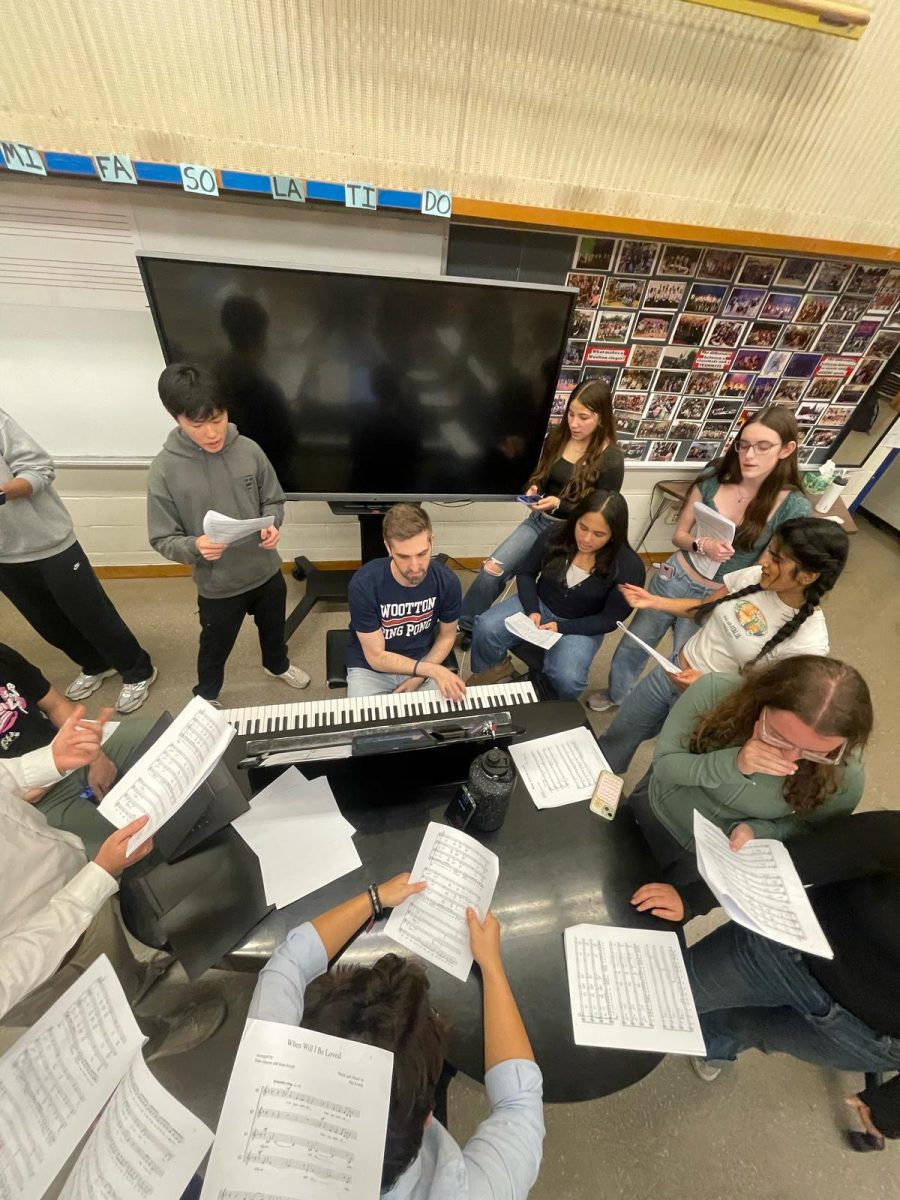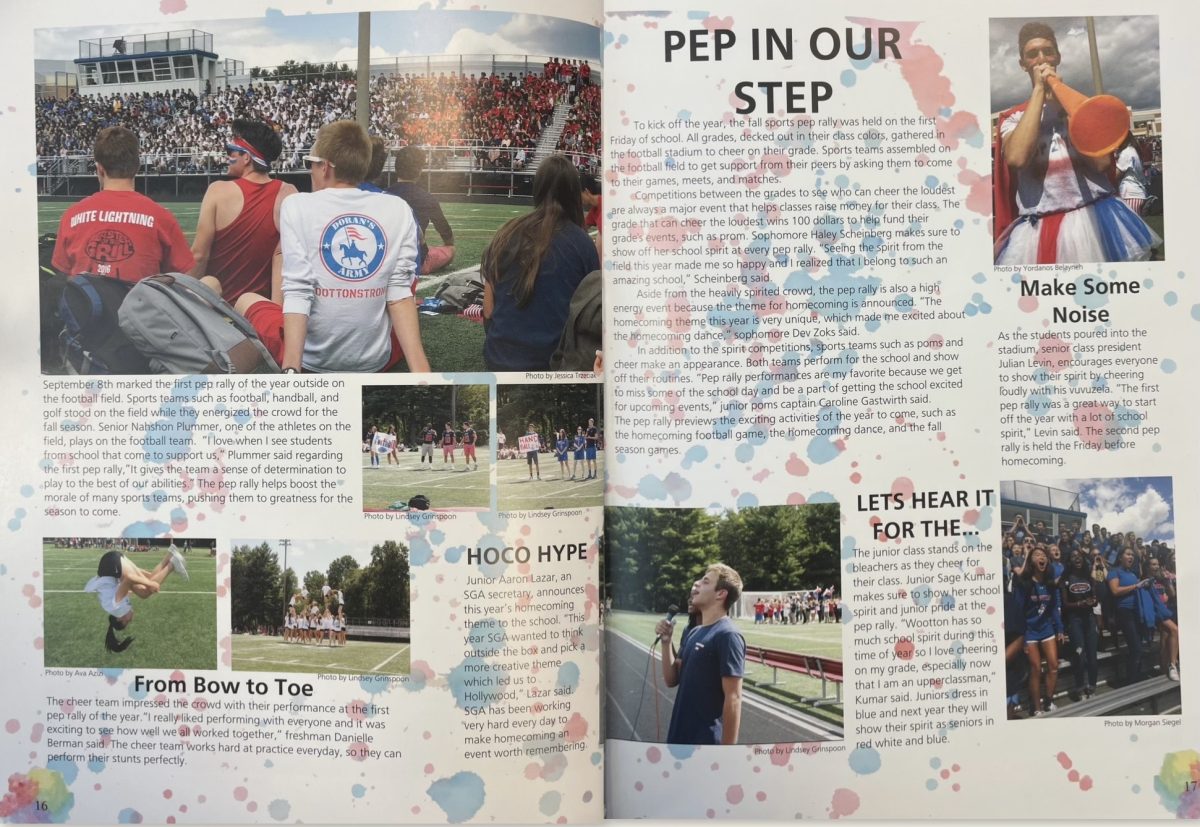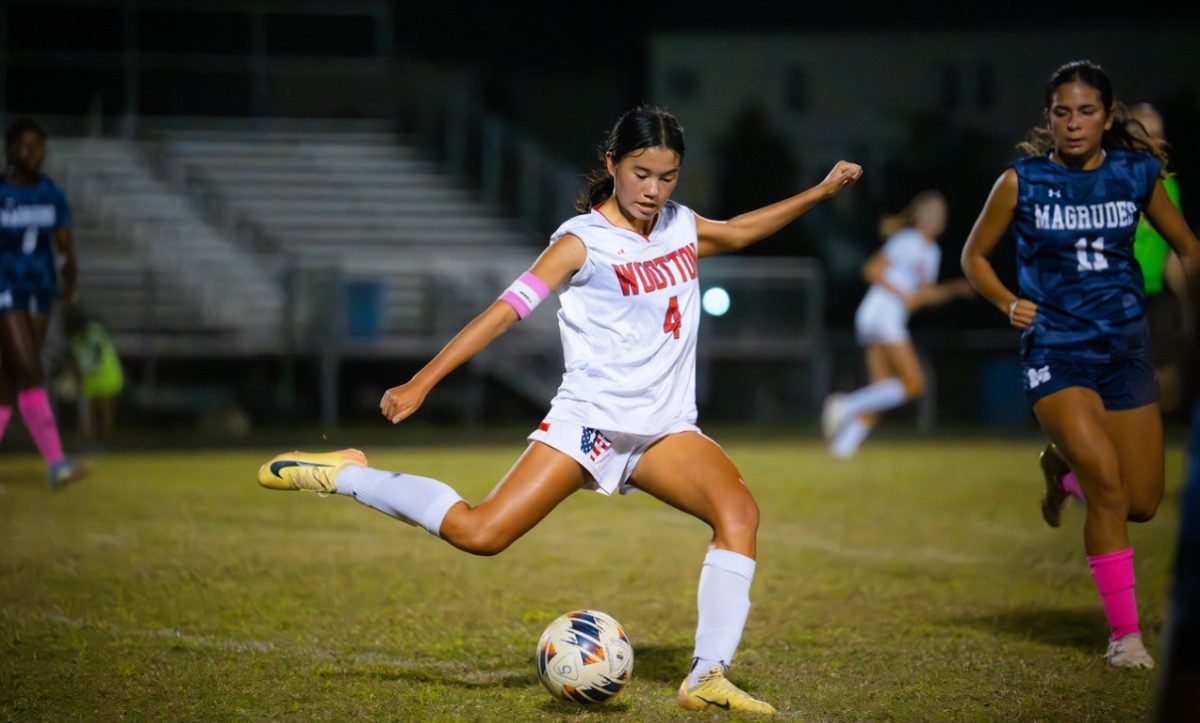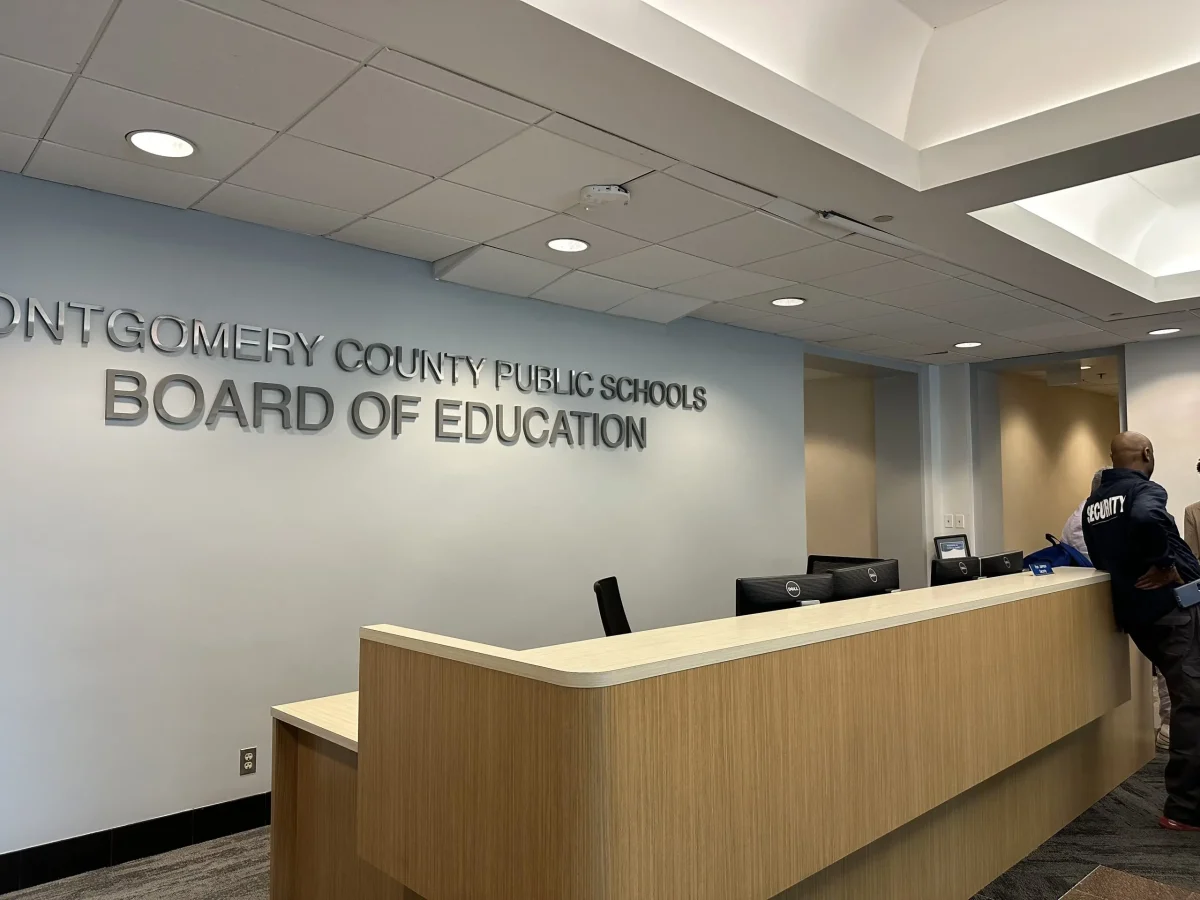The purpose of Patriot Time is to allow students to have meaningful conversations about their psychological well-being, according to Principal Kimberly Boldon.
The main advantage of Patriot Time over homeroom is that it is a place in which the students, with the aid of their teacher, engage in a purposeful, meaningful structured dialogue as opposed to simply getting administrative papers, as they do in homeroom, Boldon said.
However, since its introduction in first semester, Patriot Time has been thoroughly unproductive and failed to provoke any meaningful discussion because of the overly large groups. It is imperative that Patriot Time be altered in structure to accommodate smaller groups and thereby increase productivity.
During Patriot Time, the teacher usually begins by bringing up a topic of discussion, which the class proceeds to speak about. After the discussion, the teacher attempts to present a solution or answer to the topic with regard to what has been said. Boldon argues that this discussion format will allow the students and the teacher to engage in productive discussions because they have had previous instances of interaction among one another.
This argument, however, ignores one important detail. Working in large groups limits the productivity of their efforts.
When people work in groups, a phenomenon known as social loafing arises. According to Carnegie Mellon University, “Social loafing describes the tendency of group members to exert less effort than they can or should because of the reduced sense of accountability.”According to Forbes, social loafing increases as groups become larger, as there are more people and therefore less responsibility for individuals. The decrease in productivity because of a larger group size is called the Ringelmann Effect.
This is furthered by a research effort undertaken by Susan A. Wheelan of GDQ Associates, Inc. which finds that “small work groups … have a much better chance of reaching the higher stages of group development than larger groups.”
In general, groups that are too large are unproductive, and because most classes are made up of approximately 25 to 30 students, the effects of social loafing and the Ringelmann Effect are apparent. The groups are simply too large, which limits the effectiveness of Patriot Time.
In my experiences with Patriot Time, the discussions were in no way significant but merely trivial. The conclusions drawn at the end of the period were often either obvious or had already been mentioned in other school programs to improve social and emotional health.
For example, one Patriot Time I participated in, taught by music teacher Carolyn Herman, addressed the topic of student stress. Each student provided examples of stress and efforts that could be taken to alleviate it, but most of these were either obvious or not meant to be taken seriously. The conclusion we were given at the end of class was, despite the teacher’s best efforts, overwhelmingly obvious. Almost no progress was made.
For these reasons, Patriot Time should be changed to allow for discussions to take place within smaller groups.







